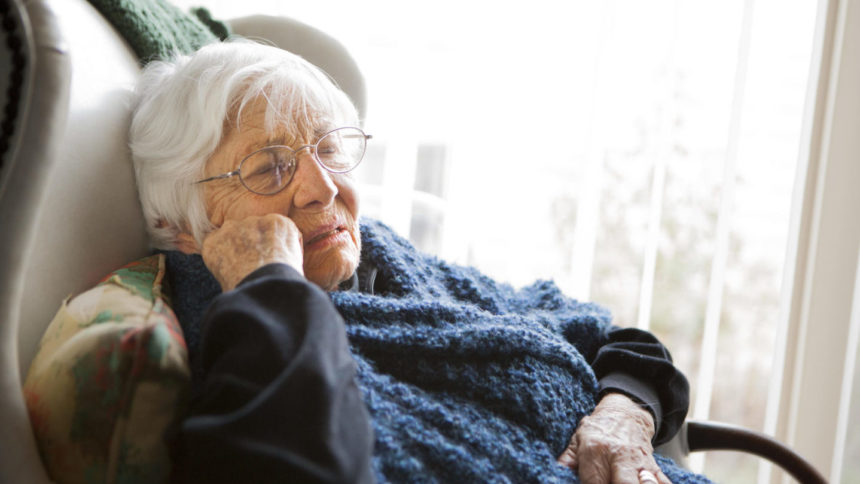
Low-income women and people of color aged 60 and older bear the greatest economic burden of chronic disease in the United States, according to a new report from long-term care advocate LeadingAge and the National Council on Aging (NCOA).
Data came from the 2018 wave of the nationally representative Health and Retirement Study. People with lost wages exceeding $25,000 (the highest in the study) also had the worst overall health. Fully 70% of these study participants reported having five or more chronic diseases.
Older women made up two-thirds of the top 25% of the group with the highest yearly burden of treatment costs and lost wages. And these study participants also had the lowest household incomes and out-of-pocket medical expenses.
Poverty among older people of color with chronic diseases, meanwhile, was found to range from seven to 16 times higher than poverty among whites, the researchers reported. In addition, Blacks and Hispanics with the highest lost wages due to chronic disease had one-third the income of older whites, they found.
‘Shocking’ disparities
The costliest chronic diseases among Americans overall include diabetes, cancer and hypertension. Broken down by race and ethnicity, cancer costs white Americans more than $252 billion yearly; diabetes and hypertension each cost Black Americans approximately $35.4 billion yearly; and diabetes costs are $40.9 million yearly for Hispanic Americans.
Overall, chronic diseases that cost seniors the most in treatment and lost wages include Alzheimer’s disease and related dementias, cancer and diabetes. Dementias, for example, costs individuals more than $48,000 per year.
“These disparities are shocking and require the serious attention of policymakers,” concluded co-author Marc Cohen, Ph.D., of the LeadingAge LTSS Center at the University of Massachusetts Boston, in a statement.
Health impacts wealth
“Health and economic security are completely intertwined,” added Ramsey Alwin, NCOA president and CEO.
“A person’s health impacts their wealth and vice versa, especially as we age,” he said. “As in many other areas of our society, the heaviest burden of chronic disease falls on those older adults who can least afford it — namely, women and people of color. Our country must do better to address these deep inequities.”
Related articles:
CDC: Senior care challenges ahead as nearly one-half of U.S. older adults say they have arthritis




